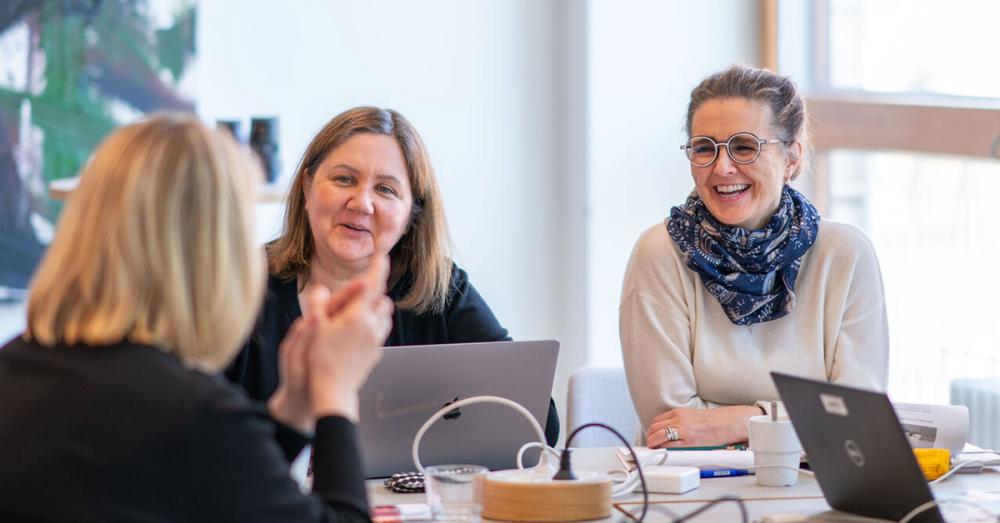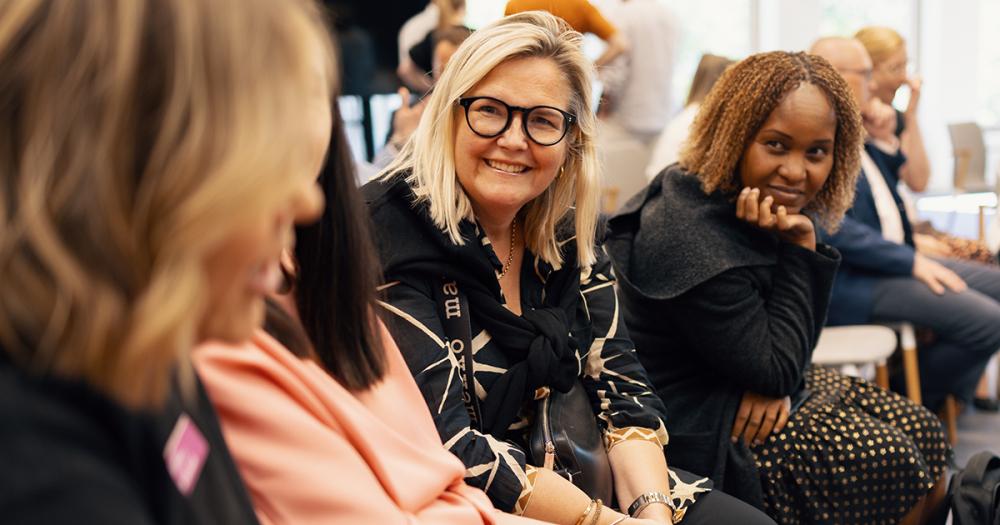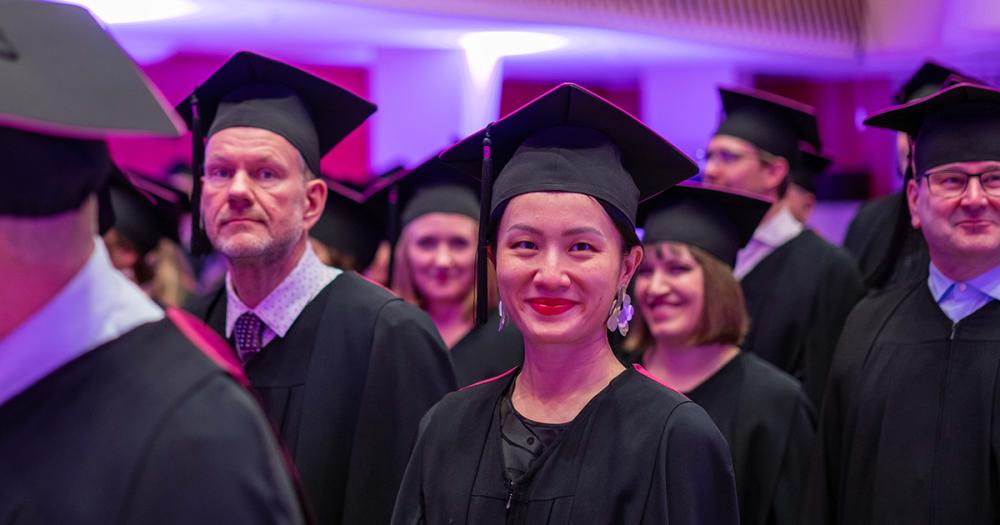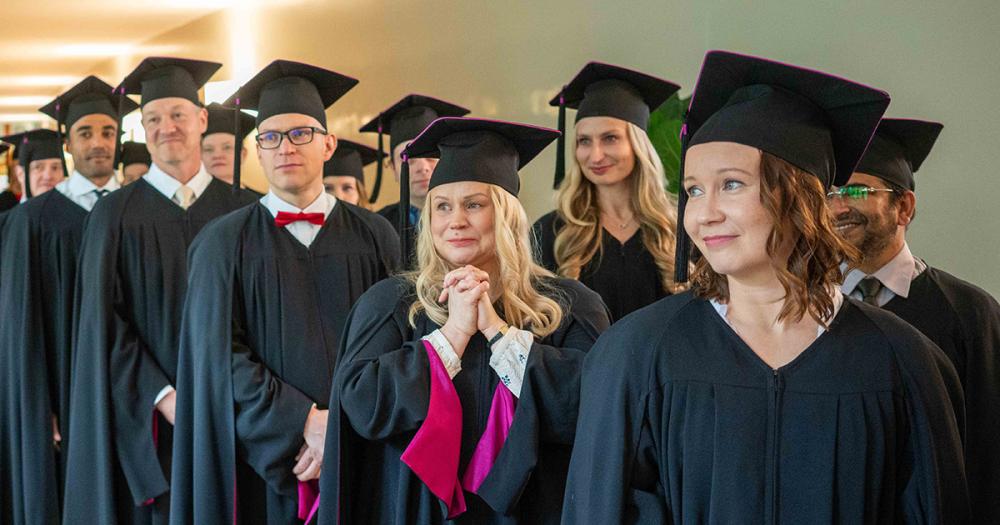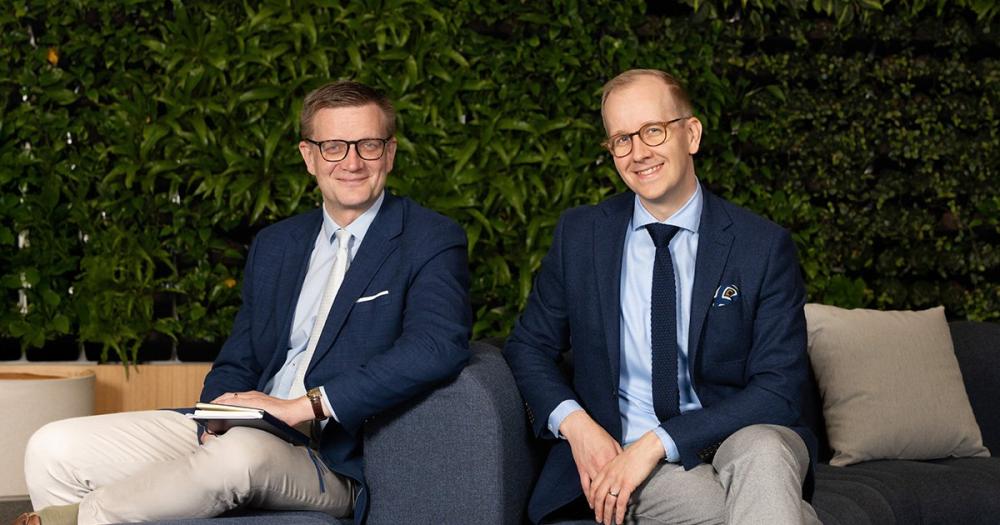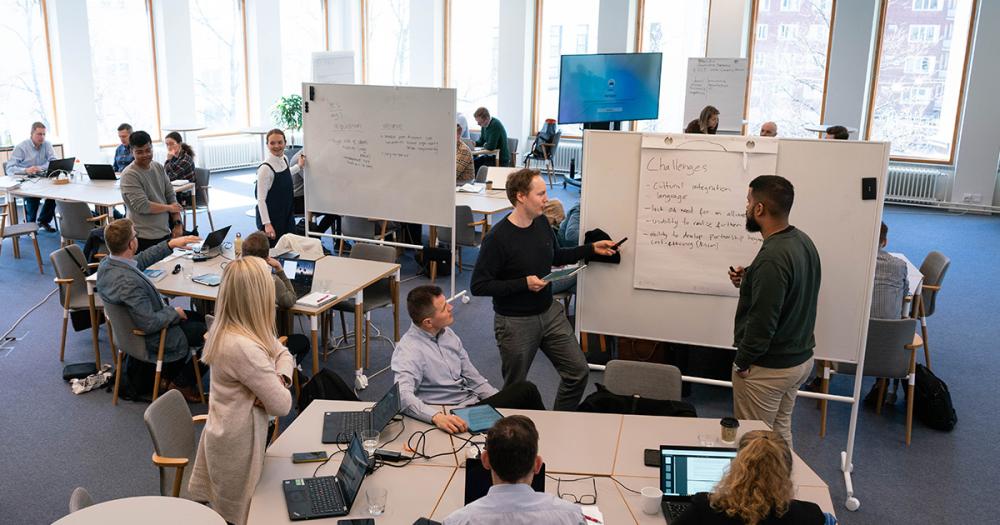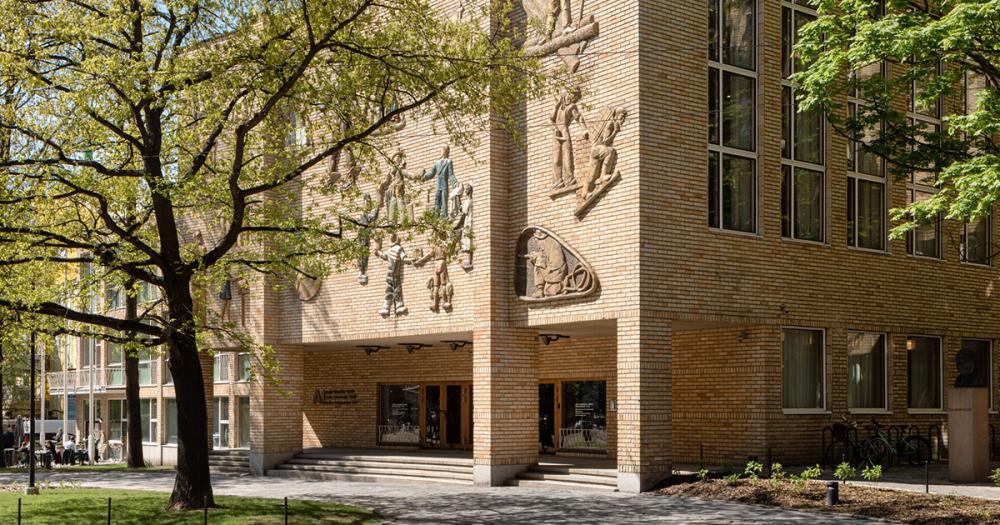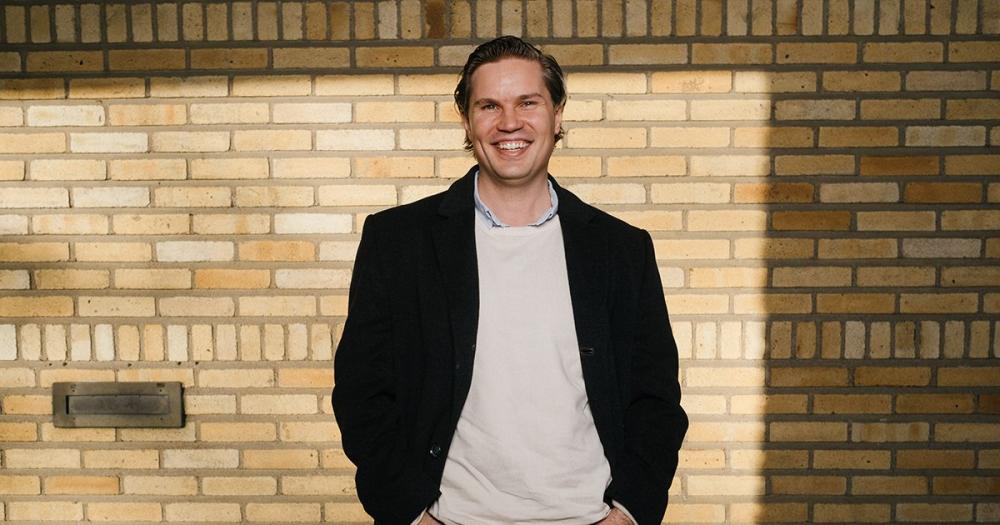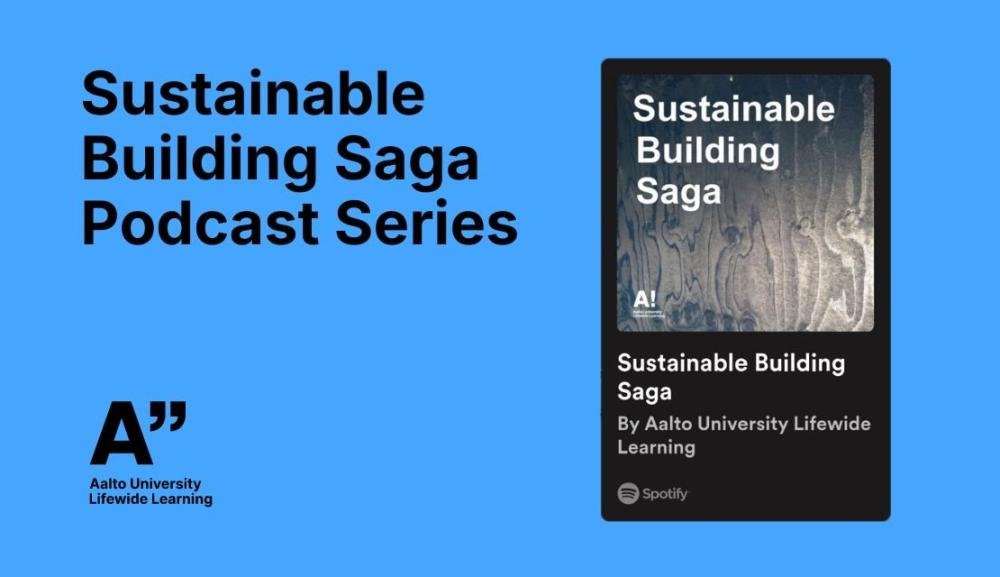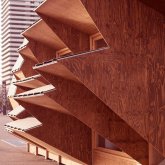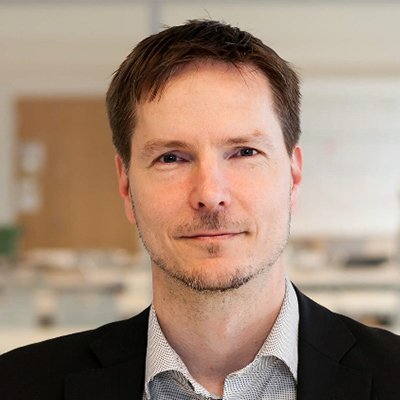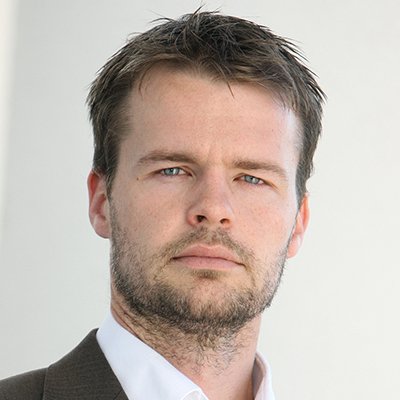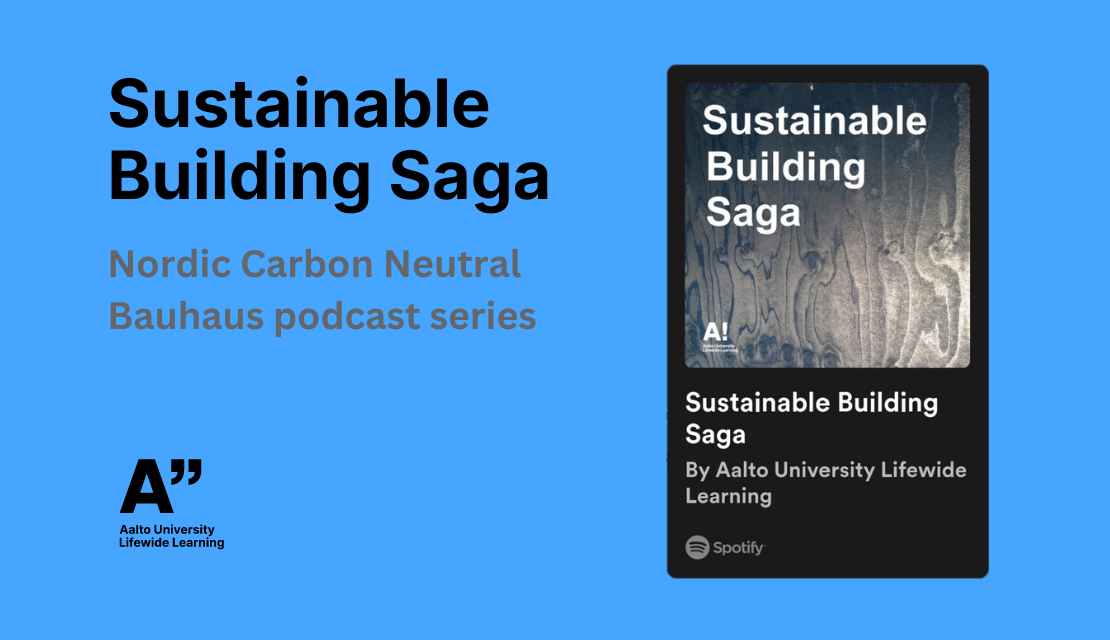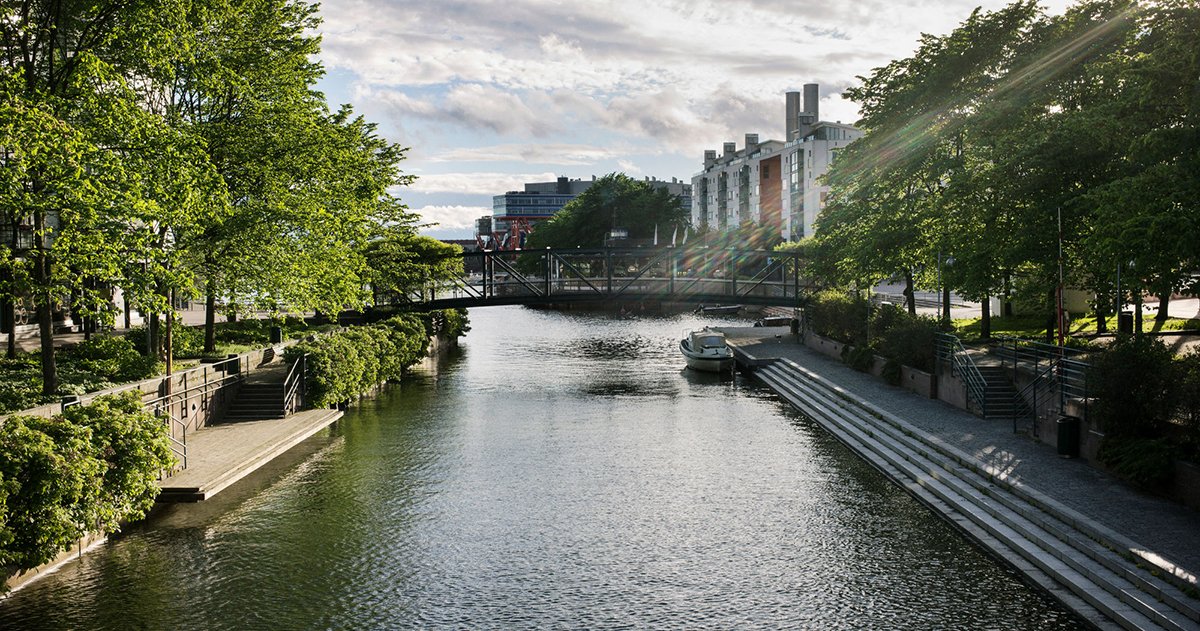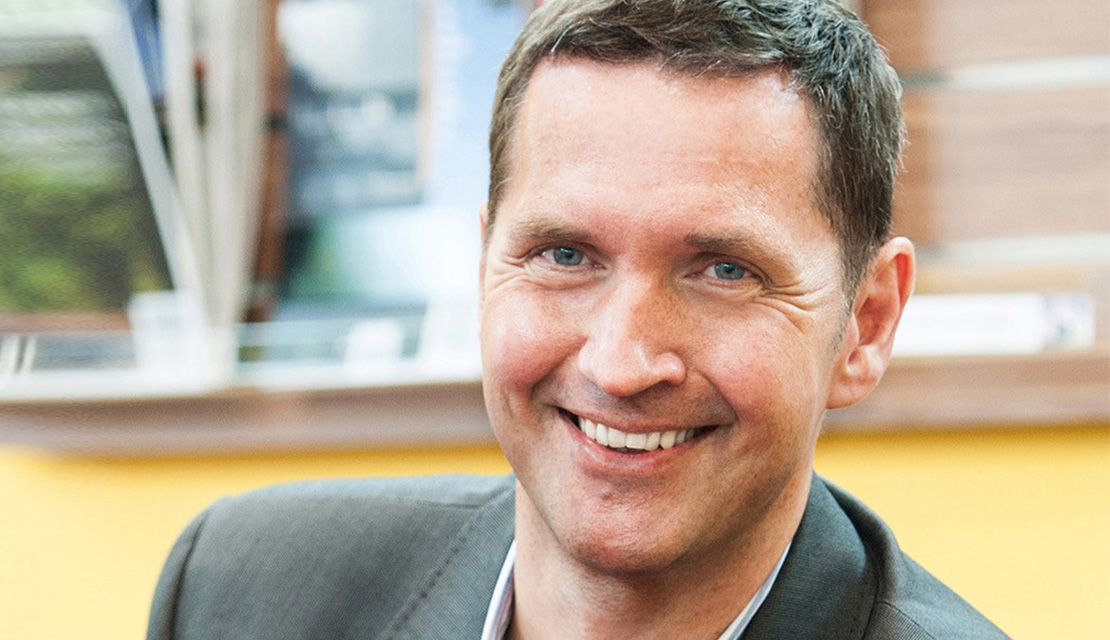Built Environment Training Programs
Navigating megatrends requires expertise. We have supported built environment professionals and organizations for half a century. Our training programs combine research-based academic knowledge, insights from leading industry experts, and participant experience. Interactive methods ensure our training meets current development needs and prepares you for the future of the built environment.
Some of our training courses can also be used to obtain FISE certifications.
What kind of training or development are you looking for?
Featured Insights on Built Environment
Megatrends Reshaping the Built Environment
Megatrends like climate change, urbanization, and digitalization are significantly impacting the built environment. Building energy efficiency requires minimizing energy consumption throughout the lifecycle and integrating circular economy principles into material selection. Urbanization necessitates effective urban design and transportation planning to create quality living and working spaces. The potential of digital transformation to address these challenges is still being explored, but platform economy, sharing economy, and circular economy business models are already transforming transportation, housing, and construction.
Digitalization: A Societal Shift
Digitalization and artificial intelligence extend beyond digital tools; it is a societal transformation. Urbanization has enabled advanced digital applications to permeate our lives. Increased density simplifies logistics and enables services like public transport apps and city bikes.
Digitalization and AI also foster urban social life and activism, influencing how we inhabit and design our cities. Professionals must master interactive design methods and understand end-user needs.
Digitalization improves information sharing and transparency in construction projects, creating new business opportunities. Building Information Modelling (BIM) is digitizing design and reshaping the entire design culture.
Construction and Climate Change: Sustainable Solutions
The built environment plays a critical role in mitigating climate change. Sustainable construction practices, including wood construction, energy efficiency optimization, and renewable energy integration, are essential for reducing carbon emissions. Land-use planning and transportation system design are critical, as urban areas contribute significantly to our carbon footprint. Urban green spaces and carbon handprint initiatives highlight the role of nature in urban environments. Teleworking and sustainable transportation options demonstrate the potential of digitalization.
Building a Sustainable Environment: Education and Expertise
Aalto EE has supported built environment professionals for almost 60 years. Our training focuses on urban planning, construction management, and transportation planning.
We emphasize the Aalto spirit, including multidisciplinarity, sustainable development, corporate social responsibility, design expertise, entrepreneurship, and innovation.

